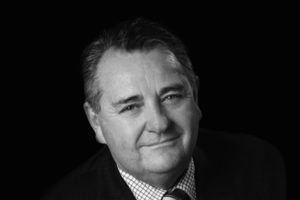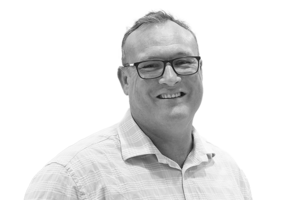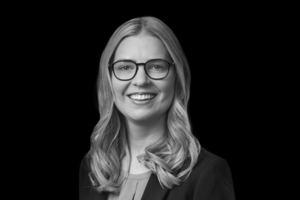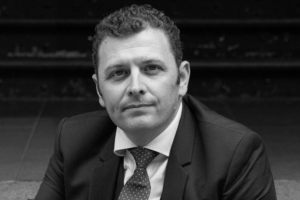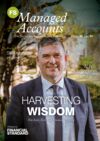New recruits top advice industry priority: FAAABY KARREN VERGARA | FRIDAY, 28 JUN 2024 12:35PMThe industry is urgently prioritising the recruitment of new advisers as those who remain bear the brunt of paying heftier levies that aggravate the costs of running a business and puts financial advice further out of reach for Australians. The latest figures from the Financial Advice Association Australia (FAAA) show that only 312 advisers entered the profession in 2023. FAAA chief executive Sarah Abood told a media briefing this week that this is an even bigger problem than the number of advisers leaving the industry, down 46% from 2019 to currently 15,589. "We've lost a lot of experienced advisers that we didn't need to lose, we didn't want to lose, and their clients are trying to find new advice relationships and finding that hard, so the loss of that experience has been really problematic," she said. "But the other point that we're looking at now is that there's been an even bigger problem in new entrants. New entrants have crashed to zero straight after 2019." This comes at a time when the demand for financial advice is growing, particularly among the recipients of the massive intergenerational wealth transfer that is tipped to be worth $5 trillion. In the 2025-26 financial year, the association will double down on increasing the adviser population. One initiative is spearheading an advertising campaign that'll specifically promote advice as a career targeted to students and those considering a potential career change. Another is promoting the Advice Academy, which partnered with Kaplan to provide additional training and support for Professional Year (PY) candidates or specifically those who have completed qualifying degrees. "Overtime, the academy will help connect these candidates with employers. So, we're not losing people at the end of their degree, help them come through that program, and help them come out the other end, more capable and job ready [for] the practices that they're working in," Abood said. The FAAA also flagged it will persist in lobbying against substantial costs the government imposes on advice practices. The cost of operating an advice business only continues to skyrocket, not only from layers of red tape but exorbitant levies advisers are forced to pay. The Compensation Scheme of Last Resort (CSLR) will soon charge the advice sector $18.5 million to cover the period July 1 to 30 June 2025. The upcoming ASIC funding levy, which is divvied up among the number of advisers registered as at 30 June 2024, is scheduled to land in August. FAAA general manager of policy, strategy, and advocacy Phil Anderson told the briefing that it does not appear as though the ASIC levy will reduce. "None of the messages coming out of ASIC would suggest that that would be the case. We're worried from what the budget announcement said - that the cost for the financial advice sector could even increase in the following year," he said. "We certainly expect there should have been room for reductions because we have [fewer] advisers and we put so much effort into raising professional standards. Why couldn't efficiencies be achieved through that?" Boosting the number of financial advisers in the profession as more exit is therefore critical. This is because those who remain will need to foot an even bigger bill as ASIC in the past claimed the levy was calculated based on the "denominator effect". Last year, however, the FAAA called out ASIC for its lack of transparency around how its levy is exactly calculated. This led to ASIC revising the $55.5 million estimates for the 2022-23 year to $47.6 million. Related News |
Editor's Choice
New recruits top advice industry priority: FAAA
ASIC takes action against Guildfords FM, director
ETF price war heats up
Local Aviva Investors managing director to exit
 Sponsored by Sponsored by | Know the facts about lifetime annuitiesSaving for a happy retirement is Australia's #1 financial goal. Learn how LifeIncome can deliver more income, certainty, & choice. |
Products
Expert Feed
Featured Profile
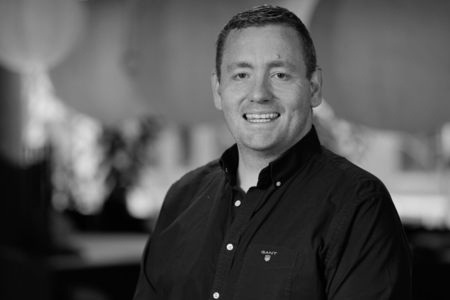
Phil Usher
FIRST NATIONS FOUNDATION






